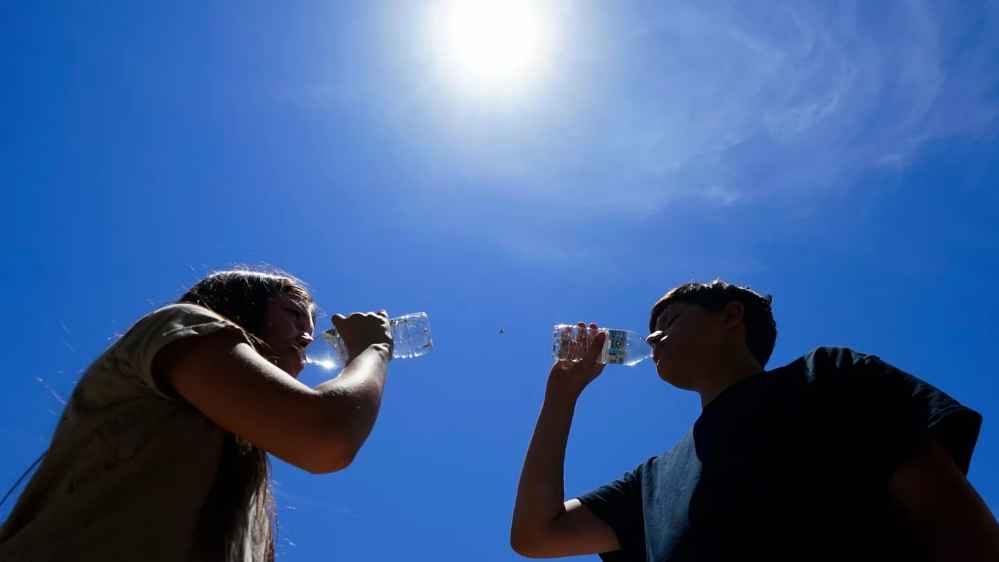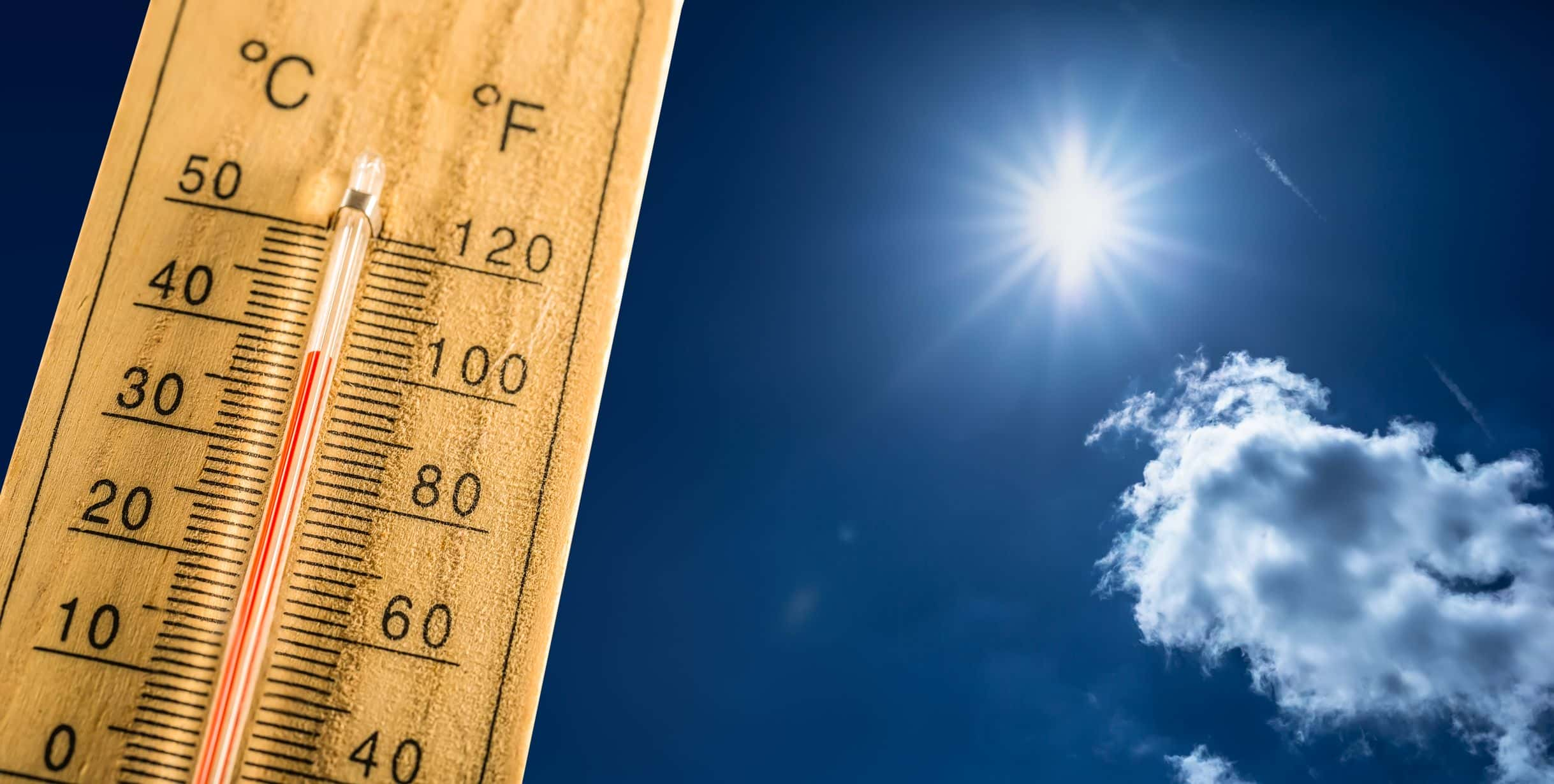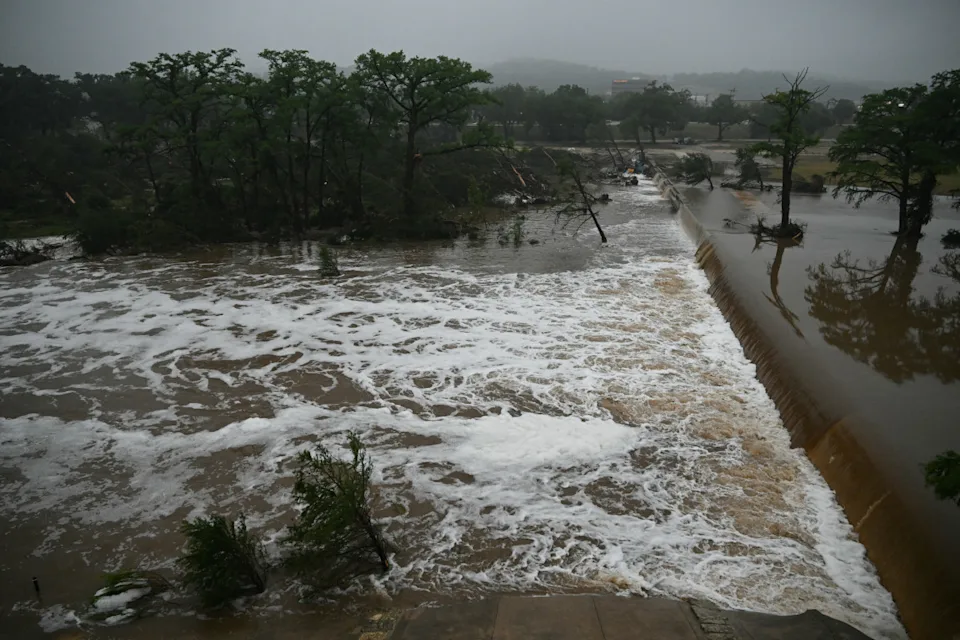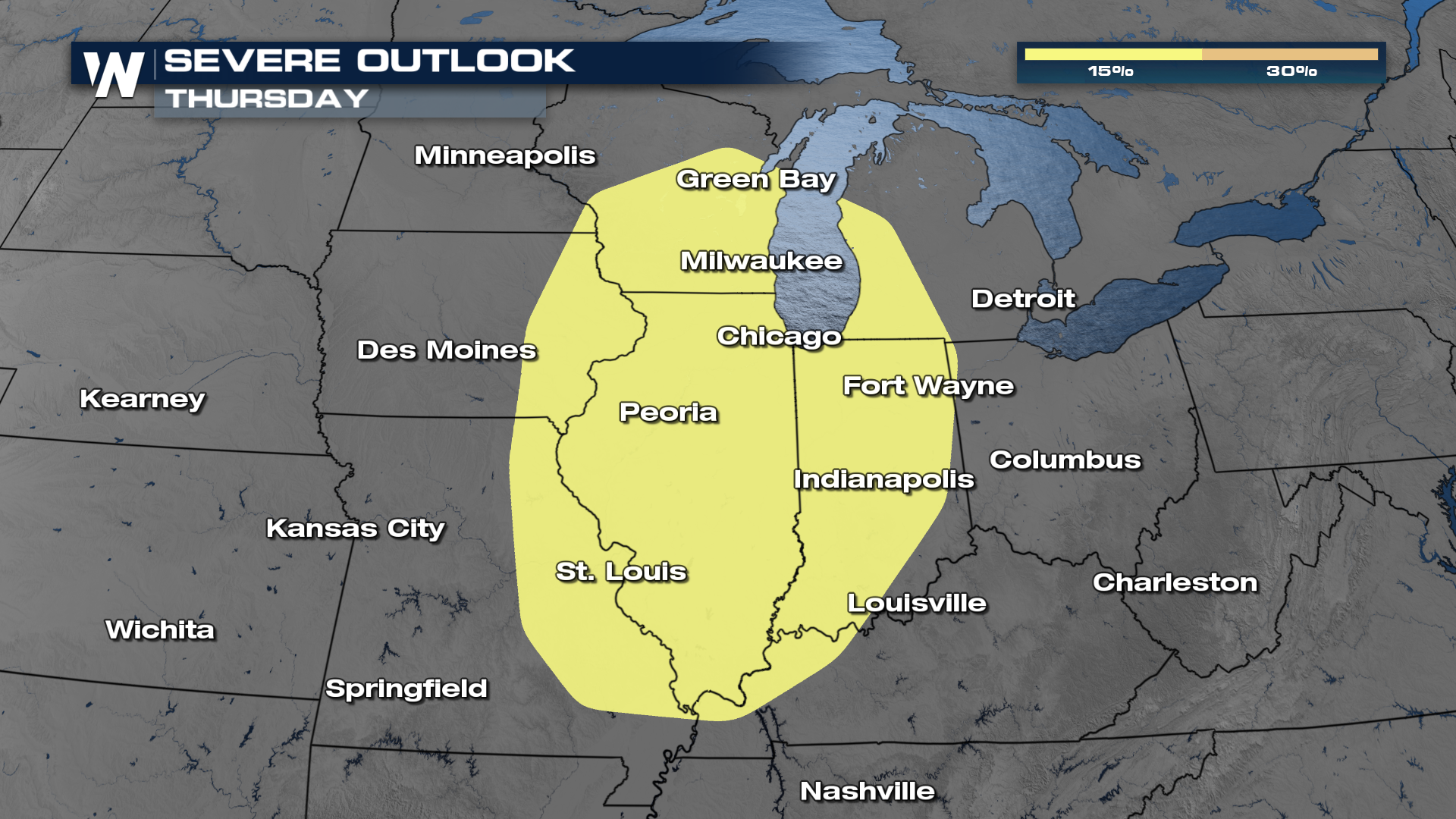Spanning an extended period of 95 days compared to 1952’s 78, the summer heatwave 2023 has become emblematic of the escalating climate crisis.

The scorching summer heatwave 2023, characterized by relentless heatwaves, shattered temperature records both in the U.S. and globally
Despite the calendar heralding the arrival of fall, the rising global temperatures hint at even more severe summers in the future, transforming the once-beloved season into a potentially hazardous period. Michael Webber, an energy resources professor at the University of Texas at Austin, warns that this summer might be one of the milder ones for the next half-century. Adjustments to daily life are already evident, from early morning high school football practices to tougher road conditions and altered flight schedules. These adaptations represent vital climate responses, notes Tim Lenton from the University of Exeter, emphasizing the importance of mitigating climate-related risks.
In areas grappling with the extreme summer heatwave 2023, new measures are emerging. The United Arab Emirates and Saudi Arabia mandate breaks for outdoor workers during the sweltering period between June 15 and September 15. Conversely, the U.S. faces resistance in safeguarding laborers against extreme heat. In Texas, recent legislation eliminated rules ensuring water breaks for construction workers, resulting in 279 heat-related fatalities in 2022.
Elevated temperatures are also affecting aviation, necessitating payload reductions or extended runways
Roads are feeling the strain too, with some buckling due to soaring summer heatwave 2023 indexes. Adapting asphalt mixes is suggested, though this may lead to rougher roads, underscoring the challenge of finding the right balance. As temperatures escalate, schools face closures due to inadequate cooling systems. A study predicts over 13,700 K-12 public schools that previously didn’t require cooling will need it by 2025. Universities, like UCLA, have been compelled to alter operations to conserve energy, illustrating the wide-reaching impact of the summer heatwave 2023.
In response to the intensifying heat, some cities now mandate landlords to provide air conditioning as an essential amenity. Sports associations are setting guidelines to safeguard athletes from dangerous heat levels. California has advised schools and sports teams to cancel outdoor activities on days of elevated heat risk, reflecting the profound influence of the unprecedented summer heatwave 2023. The evolving climate necessitates adaptability as communities grapple with the reality of a warming world.
READ ALSO: Tropical Storm Ophelia Nears Hurricane Strength, Threatening East Coast With Severe Weather




